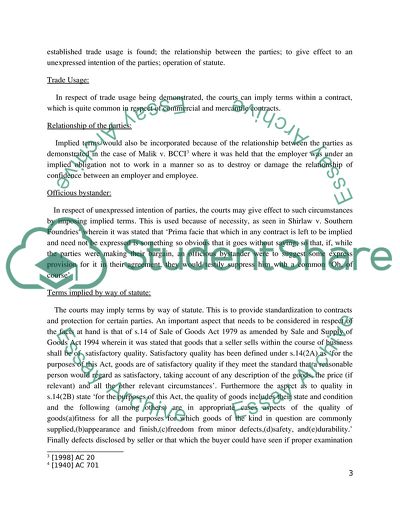Cite this document
(“Case study of Law Essay Example | Topics and Well Written Essays - 2250 words”, n.d.)
Case study of Law Essay Example | Topics and Well Written Essays - 2250 words. Retrieved from https://studentshare.org/law/1577923-case-study-of-law
Case study of Law Essay Example | Topics and Well Written Essays - 2250 words. Retrieved from https://studentshare.org/law/1577923-case-study-of-law
(Case Study of Law Essay Example | Topics and Well Written Essays - 2250 Words)
Case Study of Law Essay Example | Topics and Well Written Essays - 2250 Words. https://studentshare.org/law/1577923-case-study-of-law.
Case Study of Law Essay Example | Topics and Well Written Essays - 2250 Words. https://studentshare.org/law/1577923-case-study-of-law.
“Case Study of Law Essay Example | Topics and Well Written Essays - 2250 Words”, n.d. https://studentshare.org/law/1577923-case-study-of-law.


